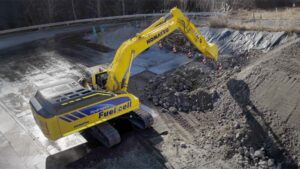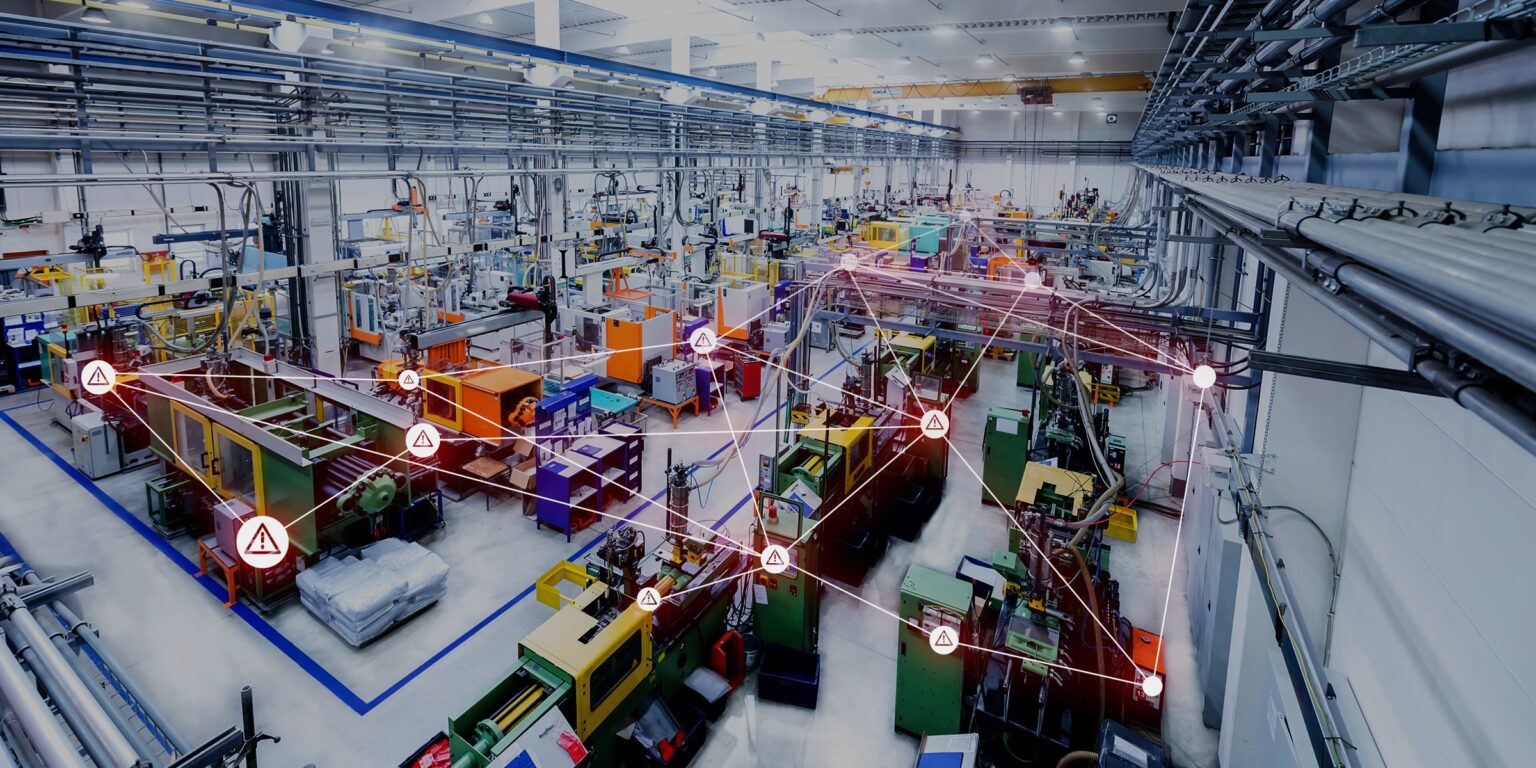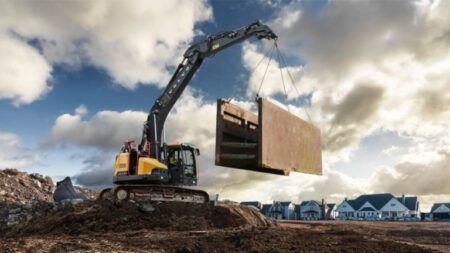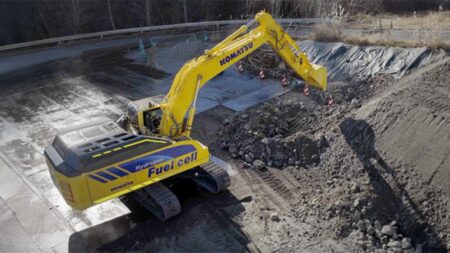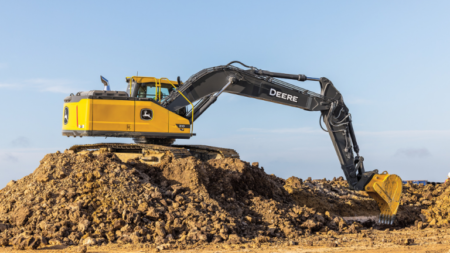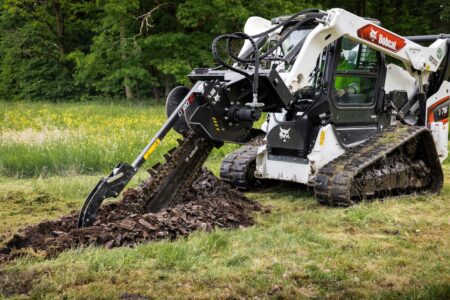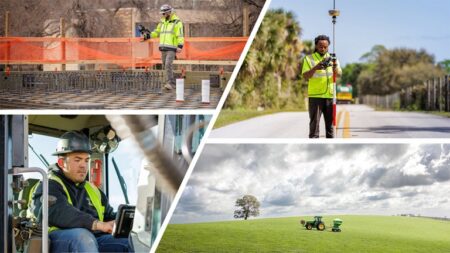The CECE Summit took place on 26 October in Brussels. The overall theme of this year’s event was cyber security, one of the priority topics for the industry.
Considering the European Commission’s Cyber Resilience Act, the scope of the initiative is notably relevant for construction equipment manufacturers. It covers a wide range of digital products and their ancillary services placing obligations on economic operators throughout the whole life cycle of products.
Risk management and cyber security
Participants had the opportunity to discuss the key topics for the construction equipment industry first-hand with European Institutions’ representatives under the auspices of the current CECE President Alexandre Marchetta.
Freddy Dezeure, Senior Executive in Cyber Security Operations gave the audience concrete examples of how companies can measure their own cyber risks. Identifying their points of vulnerability is the most important task while recognizing that cyber risks are business risks and can lead to severe image loss. The following panel debate discussed the possible ways of implementing cyber-resilience in practice. On stage were Henna Virkkunen, MEP, EPP Shadow rapporteur for the Cyber-Resilience Act, Raluca Stefanuc, Policy Officer, DG Connect, European Commission, Marie Poidevin, Chairwoman of CECE Working Group on Data Policy and Frederic Lamboley, IT Manager at Mecalac. The discussion clearly showed the different positions of the EU representatives and the industry. The need determined by the Cyber Resilience Act to push through the necessary regulation as quickly and uniformly as possible stands in contrast to the requirements of the machine manufacturers: the complexity of the different products, especially the critical ones that are mainly used in non-road mobile machinery, needs to be taken into account. The upcoming bureaucracy due to obligatory third-party certifications was also critically noted.
Keynote speeches
Jose Antonio Nieto from Putzmeister as designated CECE President from January 2024 on, explained in his interview that he will strongly support CECE’s key topics, specifically the long-term target of decarbonization and digitalization. His further interest will be towards mining as a delicate industry regarding environment and sustainability. Europe, as well as other regions, is facing a localization of metals and minerals that is activating a re-opening of old mines and the starting of new ones. The topic of mining could potentially be an interesting task for his Presidency.
Nieto further announced that the next CECE Congress will take place in Madrid from 23-25 October 2024.
In his inspirational speech, Greg Van Der Gaast, infamous hacker who turned undercover FBI operative, technical consultant, author, and international speaker pointed out that in general, companies manage symptoms and do not fix their problems regarding cyber security. Enterprises have to move towards quality management to eliminate the presence of risks and have to implement a clear structure to simply know what is happening in their digital infrastructure.
Karel Lannoo, CEO of CEPS spoke about the 2024 European elections and draw the audience’s attention towards the importance and necessity of Europeans to attend the coming elections. More than 50% of the laws that have an impact on national laws are made by the EU and people are not aware of this profound influence. Second, Lannoo emphasized that one of the most important issues to come is the rebuild of Ukraine and the EU’s enlargement with new members like Ukraine itself and the Western Balkans.
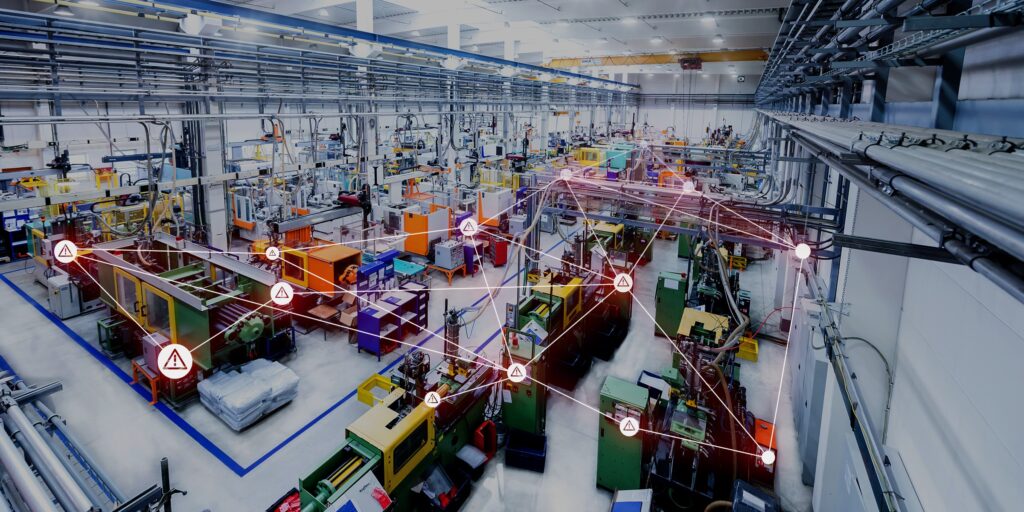
Source: CECE
Read the full article here


